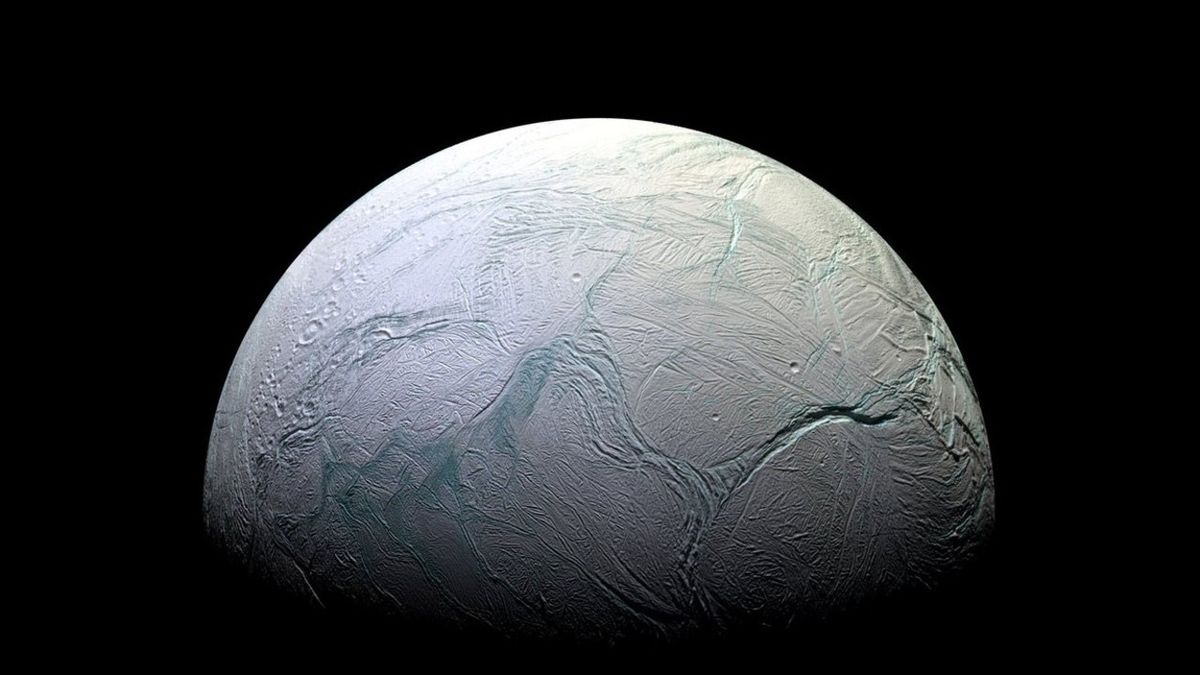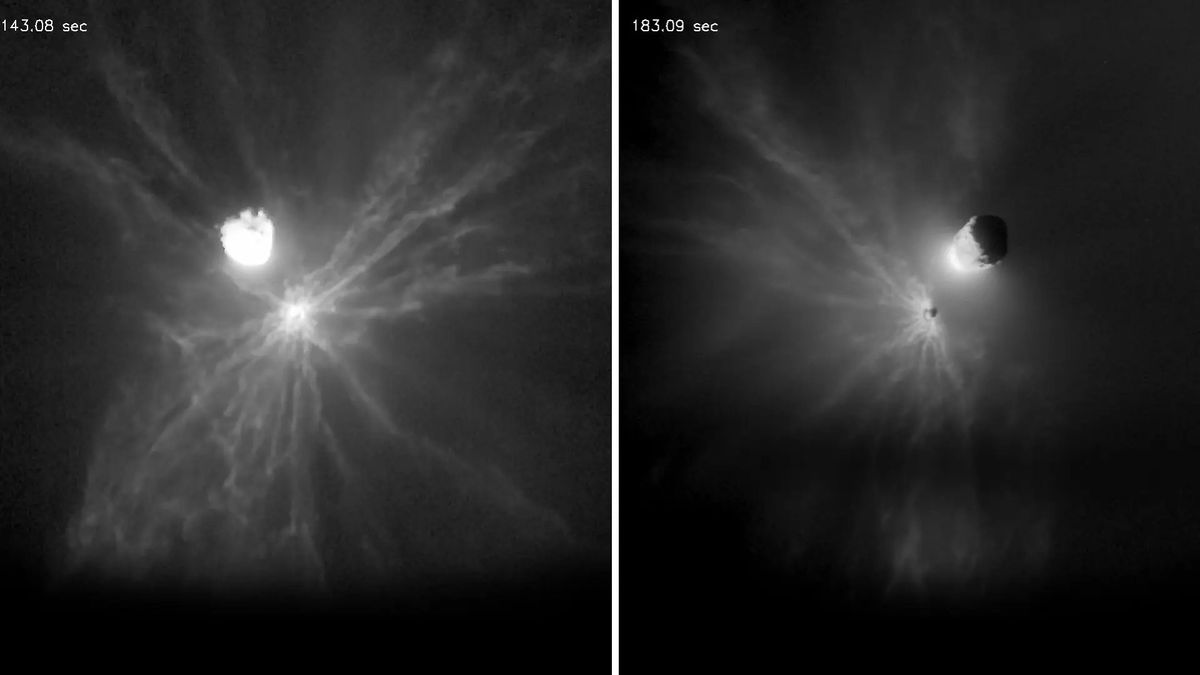Now Reading: Scientists Uncover Key Differences Between Space Ice and Earth’s Water
-
01
Scientists Uncover Key Differences Between Space Ice and Earth’s Water
Scientists Uncover Key Differences Between Space Ice and Earth’s Water

Quick Summary
- Researchers at University College London and Cambridge have discovered that water ice in deep space can have crystalline structures, contrary to previous assumptions.
- Space ice forms under extremely low temperatures (-148 to -328°F) where it was previously thought to exist solely as amorphous, disordered ice.
- New computer simulations and X-ray diffraction experiments show up to 25% of space ice could be crystalline.
- Medium-density amorphous ice, which matches the density of liquid water, was first created in 2023.
- The findings impact the study of cosmological processes such as planet formation and galaxy evolution.
- Crystalline structure constraints might influence theories about how building blocks for life were delivered to Earth via icy dust grains.
!ice in deep space
Image credit: NASA/JPL
Indian Opinion Analysis
The discovery serves as a significant step forward in understanding the nature of materials across the cosmos, offering insights into astronomical events like planet formation and radiation shielding possibilities for spacecraft. For India’s burgeoning space program led by ISRO (Indian Space Research Organisation), knowledge about various states of ice could expand design considerations for creating advanced technology capable of enduring extreme conditions in space missions. Additionally, with India investigating extraterrestrial sources for sustainable human expansion-such as lunar exploration-the potential use of crystalline or amorphous water-based compounds may eventually inform resource utilization strategies.
moreover,this finding narrows gaps in astrobiology research relevant globally. While direct implications on searching life’s origins are acknowledged by researchers without ruling out current theories entirely,Indian scientific institutions could explore associated constraints further through computational modeling or observational studies using domestic research satellites. Collaborative work with global partners stemming from such discoveries highlights India’s increasing role within international scientific initiatives related to planetary and interstellar exploration.
Read More: Space.com article
























